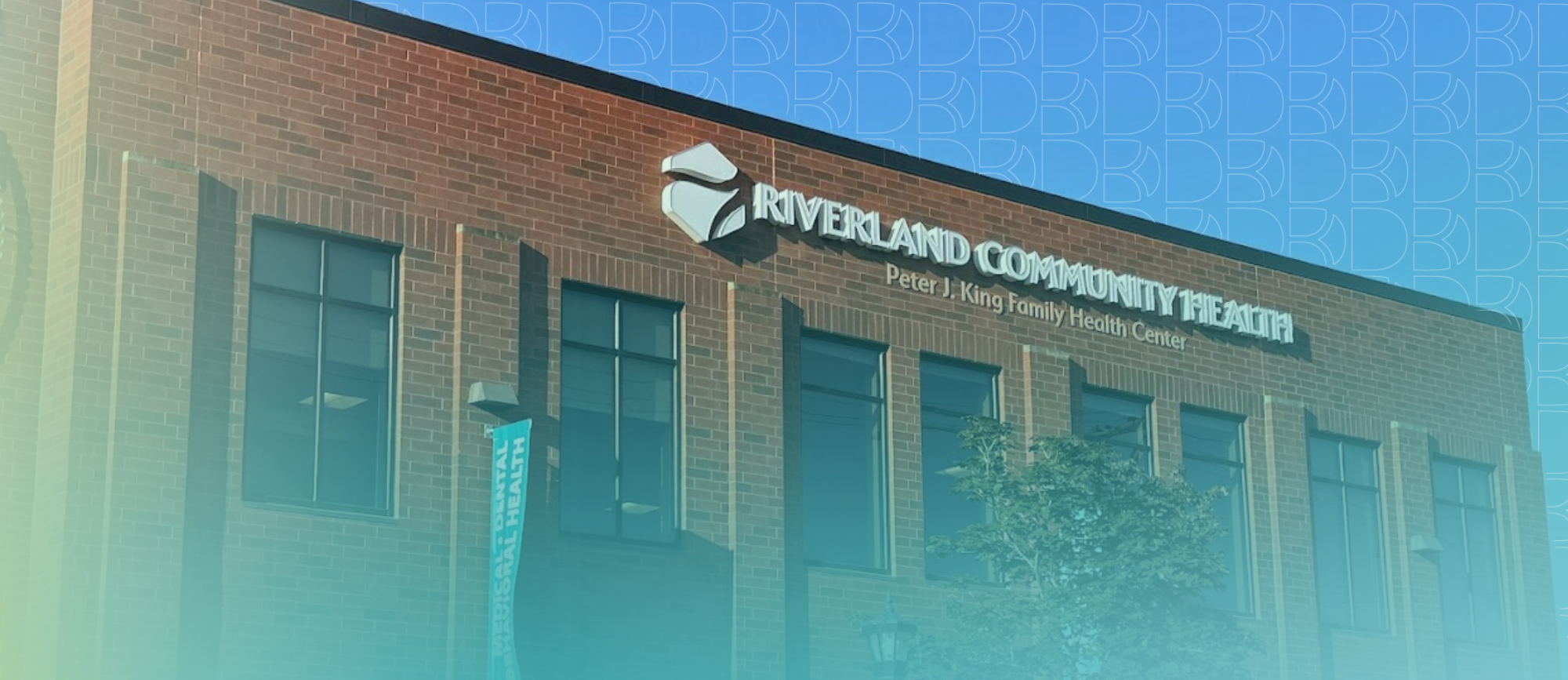Far from just a place where deposits and transactions occur, community banks embody a deeper connection to the local community, serving as pillars of financial empowerment and resilience.
What is Community Banking?
Community banking refers to financial institutions that operate locally, serving the needs of individuals, families, and small businesses within a specific geographic area. Unlike big banks, community banks are deeply ingrained in the neighborhoods they serve, building relationships that extend beyond transactions.
Personal Touch
Personalized service is a vital asset of community banking. Clients are not just numbers on a balance sheet but individuals with unique financial goals and journeys. This emphasis on relationship banking gives clients a sense of trust and loyalty, where they feel valued and understood.
In an era dominated by technology and impersonal interactions, community banks offer something that most don’t or can’t: the human touch. From friendly faces at the teller window to personalized financial advice from knowledgeable bankers, community banks prioritize human interaction and genuine care. This enhances the banking experience and fosters a sense of belonging.
Helping Communities Thrive
Community banks are pivotal in fostering economic growth and prosperity at the grassroots level. Providing access to credit and financial services empowers individuals and businesses to pursue their dreams and aspirations. Profits generated by community banks often circulate within the local economy, fueling further investment and development.
Community banks prioritize the needs of their local communities, whether it’s providing loans to small businesses, offering mortgages to first-time homebuyers, or supporting local initiatives. These banks understand the unique challenges and opportunities present within their communities.
In a world of rapid change and advancement, community banking remains a beacon of stability, trust, and community empowerment. They embody the values of solidarity, resilience, and local stewardship. Whether you’re a homeowner, a small business owner, or simply a member of the community, embracing community banking is not just a choice—it’s an investment.




